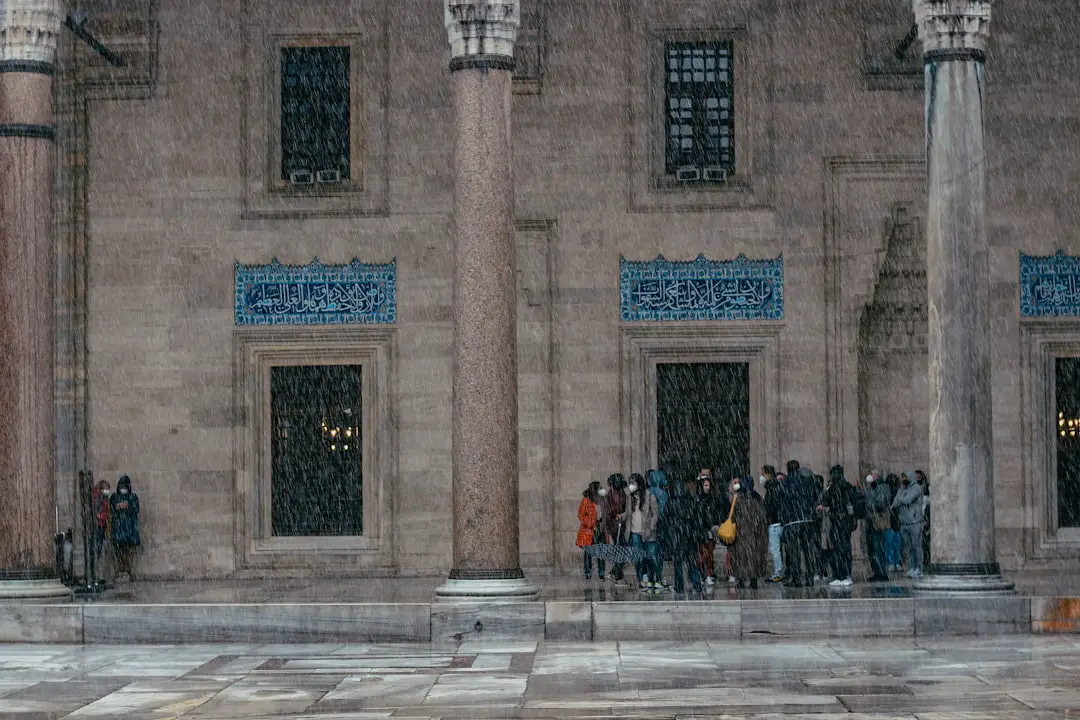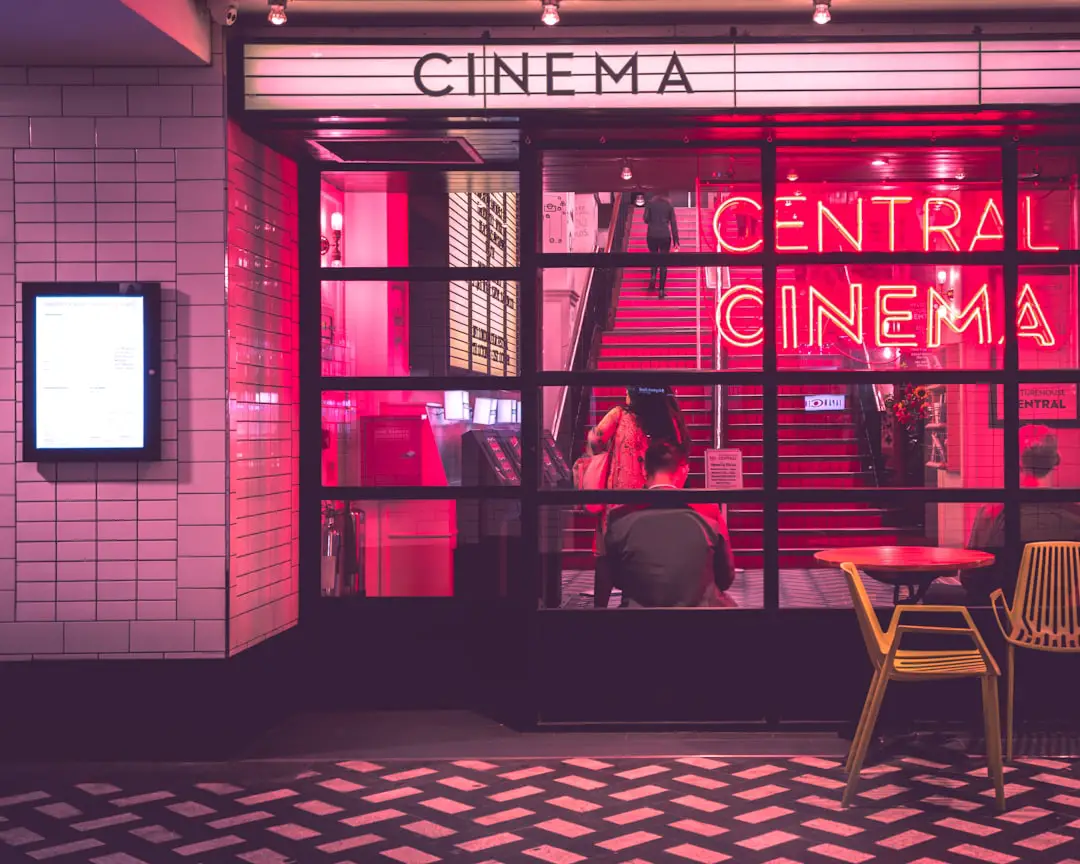
Renowned filmmaker Raúl Ruiz and film theorist Jean-Louis Schefer recently engaged in a fascinating discussion on cinema, memory, and dreams. The conversation, featured in e-flux, delved into the intricate relationship between these elements and how they intersect in the realm of filmmaking.
Ruiz, known for his avant-garde approach to cinema, emphasized the importance of memory in storytelling. He believes that memories are not fixed but are constantly evolving and reshaping our perception of reality. This fluidity of memory, according to Ruiz, is what makes cinema such a powerful medium for exploring the intricacies of human experience.
Schefer, on the other hand, delved into the role of dreams in cinema. He argued that dreams are a form of unconscious storytelling that can reveal hidden desires and fears. For Schefer, cinema has the ability to tap into this dream-like state and create a world where the boundaries between reality and fantasy blur.
The conversation between Ruiz and Schefer sheds light on the complex nature of cinematic storytelling and the ways in which filmmakers can use memory and dreams to create immersive and thought-provoking narratives. It serves as a reminder of the rich tapestry of possibilities that cinema offers and the endless ways in which it can captivate and inspire audiences.
Overall, the discussion between Ruiz and Schefer is a testament to the enduring power of cinema as a medium for exploring the depths of human consciousness and imagination. It reminds us of the profound impact that film can have on our understanding of the world and ourselves.
Leggi altri articoli su cinema
Source: e-flux







